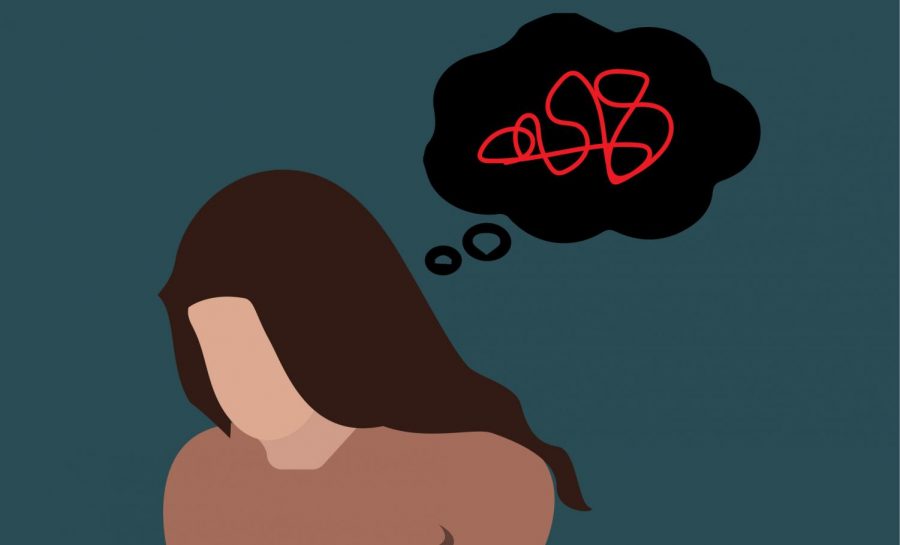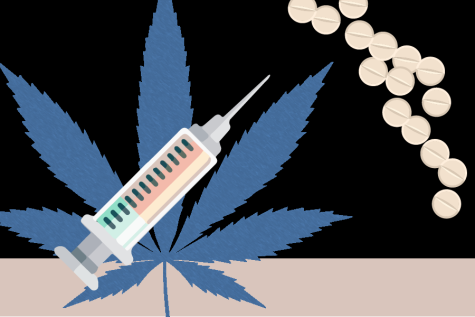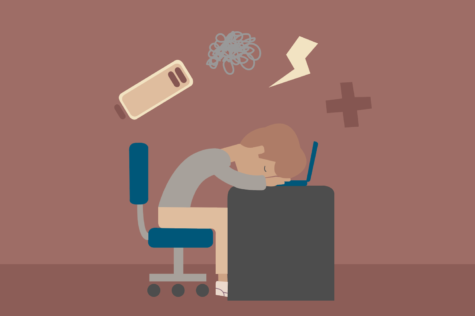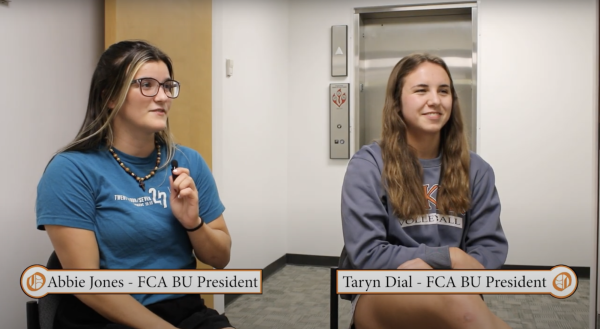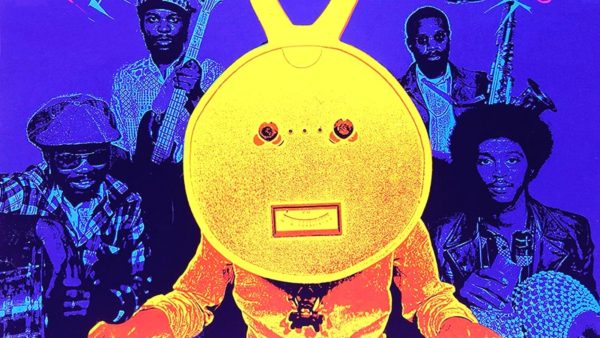Pushing through the unexpected
As students start gearing up for finals week, collective feelings of burnout and exhaustion have hit an all-time high. For many, the fall semester has felt like a sprint with nonstop hurdles to overcome.
It is safe to say that no one knew what college would look like during a pandemic. Finishing out the spring semester with online classes proved tough for many students, but being on campus for an entire semester certainly sparked new challenges. Throughout the semester, there were lots of uncertainties and logistics to figure out along the way.
Baker, like many other universities across the country, adopted a fall academic schedule with no breaks in hopes of restricting travel and limiting the spread of COVID-19. The effects on students’ mental, emotional and physical health are starting to show, though they likely could not have been avoided without adding breaks that risked safety.
Typical college stressors like finances, sleep patterns and grades have been exacerbated by 11 straight weeks of classes with no breaks. Students are carrying heavy course loads, are limited in social interactions and continue to face health-related stress.
These circumstances are certainly not unique to Baker, and some not even unique to a normal semester without COVID-19. However, the greater concern lies in how severely students and faculty are feeling these effects.
It is not a rare occurrence to see Moodle assignments submitted after 2 a.m. or to see roommates and suitemates dozing off during Zoom classes. Some students even pull all nighters and skip meals to stay on top of their workloads and responsibilities.
In every discipline, professors have sped up the pace of their classes to cover all necessary content in a shortened semester. It can be hard to learn and absorb class material like normal when nothing about student life is normal.
Aside from intense organizational commitments and classwork, more and more of students’ time goes to taking care of each other. Checking in on others via call or text is a great way to stay connected to one another but often does not resolve feelings of loneliness or depression.
This is hands down one of the toughest semesters Baker students have faced. Extraordinary circumstances seem to multiply daily and it is hard to stay healthy during a global pandemic if you’re mentally and physically exhausted.
Several on campus organizations have stepped in to soften the blow taken to mental health. Organizations like Mungano, TEA, SAC, PACE and other extensions of the student life office have safely adapted their events to provide a sense of normalcy for students. Here are additional recommendations for students in need of resources:
Take advantage of tutoring sessions.
Utilize the counseling center.
Use apps like Pocket Points to reduce screen time.
Communicate honestly with faculty about how you’re feeling.
Lose the guilt over asking for assignment extensions.
Schedule time for self-care, even if it is just a half an hour each day.
Check in on those around you.
With the breaks added to the spring semester, the hope is to not repeat the same challenges the Baker community faced in the fall. Students and faculty alike have shown the utmost resilience through tough times. With just a few weeks left to go, remember to take care of yourself and those around you, we are stronger together.

Emma Howard is a senior and a public health major from Lawrence, Kan. She designs graphics and serves as the social media editor for The Baker Orange....


